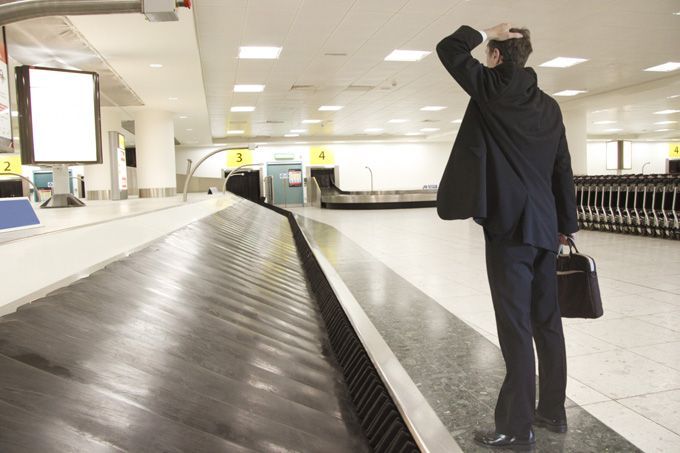Camping offers a great way to reconnect with nature and escape the hustle and bustle of everyday life.
Whether you’re heading off on a weekend camping trip or planning a long road trip around the country, there are several things to remember before you set off. From prepping your gear and equipment, choosing the suitable campsite, stocking up on supplies, and more, here are some essential tips for happy campers looking to make blissful memories while exploring all the outdoors has to offer.
1. Weather
The weather is one of the most important factors to consider when planning a camping trip. It dictates what clothing and gear to bring, what activities to plan, and other vital details. Before you leave, check the forecast for your destination to prepare accordingly.
If you plan on camping in rainy or cold weather, bring the right kind of clothing and equipment to keep you warm and dry. Consider bringing a tarp or shelter tent to help protect you from the rain. A raincoat, waterproof boots, and extra blankets are also essential if inclement weather is in the forecast.
Bring plenty of sun protection, such as hats, sunglasses, and sunscreen, if the weather is hot and sunny. It helps to bring a cooling device such as a fan or air conditioner to keep you comfortable during the day’s heat.
2. Location and Campsite
One of the most important decisions you’ll need to make is where to camp. Various camping options are available, from campsites in national parks and forests to privately owned or State-run campgrounds. You can also choose tent camping, RV camping, and cabin rentals.
Research your destination and decide which option best suits your needs. Be sure to check for campsite reviews, campground amenities, and other details to help you narrow your choices.
A good campsite should offer good privacy and safety, and be free from noise pollution. Additionally, check for fire restrictions, as some areas may have bans due to dry conditions.
3. Gear and Equipment
Camping requires a lot of gear and equipment, so it’s important to double-check your list before you set off. Ensure you have the right tent, sleeping bag, and all necessary cooking supplies. Don’t forget to bring a first aid kit, flashlights, and batteries in an emergency.
Other items to pack include food, water, insect repellent, sun protection, rain gear, and a multi-tool. If you plan on using any electronic devices, such as phones or laptops, bring a portable solar generator to keep them charged during your trip. The right gear and equipment can make all the difference in making your camping trip safe, comfortable, and enjoyable.
4. Supplies
No matter how long or short your camping trip is, it’s important to stock up on essential supplies before you go. Make a list of non-perishable food items such as nuts, granola bars, canned goods, and drinks like juice, water, and tea. Don’t forget to bring any medications you may need during your trip. Other supplies you may consider packing include toilet paper, hand sanitizer, garbage bags, a map or GPS device, and a knife or multi-tool. You can bring many other items depending on where you’re going and what activities you plan to do.
5. Safety
Safety is always the top priority when it comes to camping. Make sure to read up on the area before you go and be aware of any potential hazards or areas that could be dangerous for hikers or campers. Be sure to inform family or friends of your plans and give them a rough timeline of when to expect you back.
Bringing a first aid kit and buying travel insurance are essential steps for staying safe while camping. Additionally, be aware of the local wildlife, obey all posted regulations and signs, and stay on established trails if you plan on taking any hikes. Taking these steps will help ensure a safe and enjoyable camping experience.
6. Clean Up
When it’s time to leave your campsite, make sure to leave no trace behind. This means packing up all your trash, responsible disposal of greywater, burying human waste if needed, and following any guidelines set by the park or campground.
Respecting other campers and their space when packing and leaving is essential. Make sure to keep noise levels low and be aware of where you are parking your vehicle. Being mindful of other people’s experiences will help ensure that everyone has a great time while camping.
Camping can be a great way to get away from it all and reconnect with nature, but only if you prepare correctly. Following these tips will help ensure you have a safe, enjoyable camping experience. Grab your tent, pack up your gear, and hit the road, you’re in for an unforgettable adventure.













